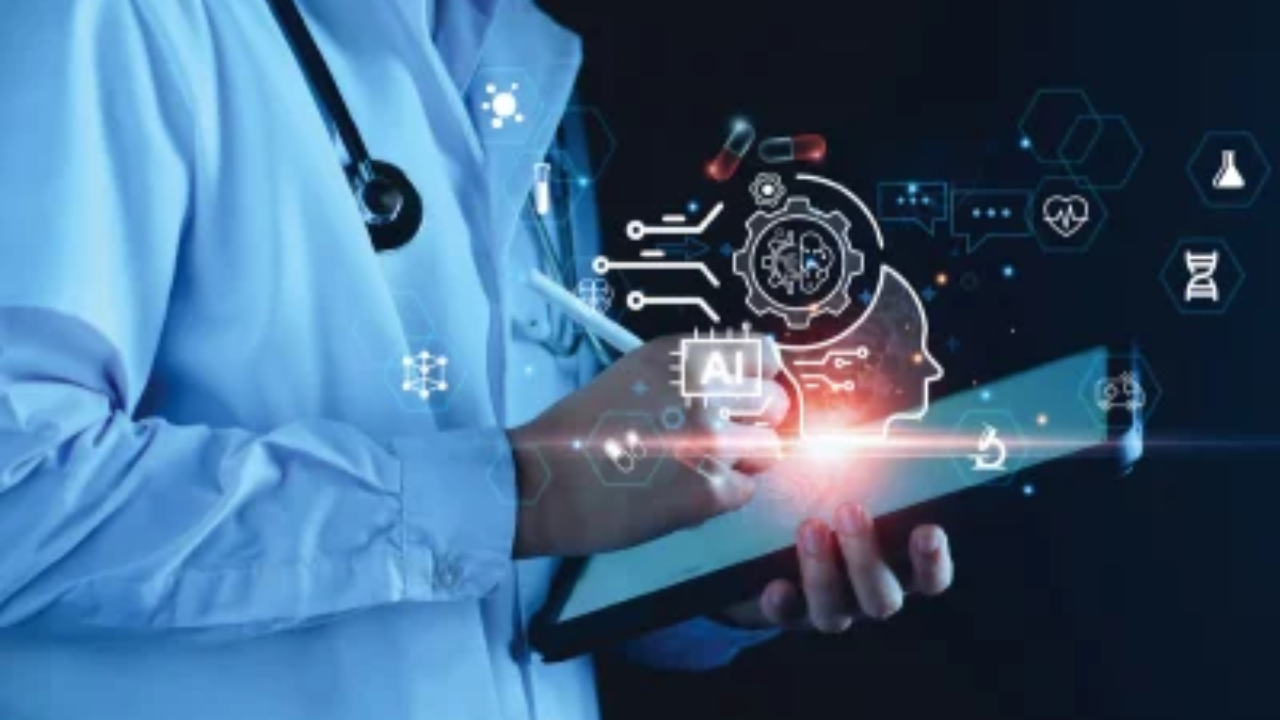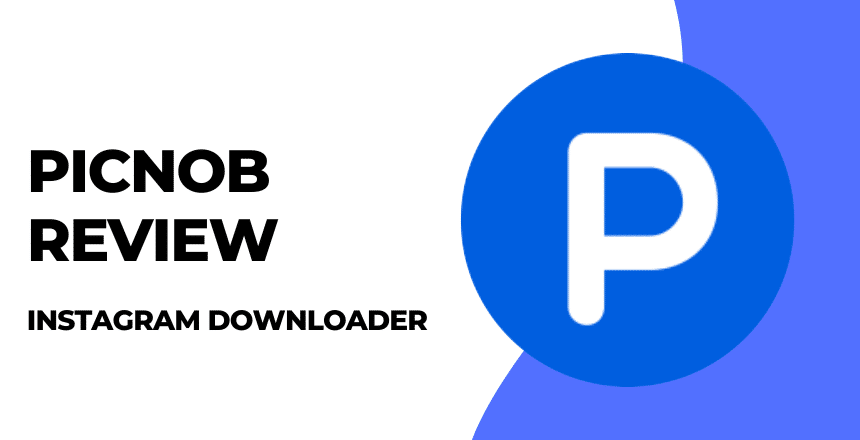Even though the pandemic and rising patient needs are challenges, the healthcare sector is also called to tech-up, offer individualized care and rely on evidence when treating people. As a result, health experts and business people should always follow the newest information in this area. In the rest of this post, we are going to discuss what healthcare technology should bring in 2024. Start off right now!
Healthcare Technology at the Present Time
As Precedence Research finds, the worldwide healthcare market stood at $309.2 billion in 2023. Experts predict that this value will reach $528.5 billion by the year 2030. Healthcare organizations have to meet this demand since handling patients’ cases more efficiently needs bigger budgets.
Many national governments are joining this industry to promote the adoption of digital healthcare. For this reason, people develop various technological gadgets to boost healthcare standards and efficiency. Companies are also teaming up more often to bring forward new ideas.
The revenue in global healthcare services increased from $7.4 trillion in 2022 to $7.9 trillion the year after. By the year 2027, this number could total $9.8 trillion. All areas involved in healthcare – labs, dental care, home healthcare, mental health and hospitals – are growing.
Artificial Intelligence
AI is predicted to have a major role in shaping healthcare technology going forward. It supports the identification of problems, speeds up paperwork and plays a key role in giving patients personal assistance.
With the help of these algorithms, AI allows doctors to find diseases early on which aids in effective healing. The use of AI chatbots and health assistants allows healthcare providers to eliminate unnecessary administration and pay more attention to patient matters.
AI is able to review a patient’s information to tailor a unique treatment plan for them. There are no limits to personalized treatment when KMS Healthcare solutions are used. Big data for patients will take part in creating specific treatments that suit each person’s needs.
Rather, predictive analytics make use of a lot of data to explore patient trends and what they may require. It is able to do that by noticing trends in old patterns to forecast risks and help therapies succeed better.
In addition, AI is important in teaching and nurturing future nurses. Training on AI-powered platforms gives nursing students the chance to work through different situations. Students develop better clinical skills as a result and are ready to deal with situations they may encounter on the job.
Care for your Employees and Compliance
Starting on the 1st of November, 2023, the United States Pharmacopeia implemented the revised compounding standards. There are important developments about joining scientific advancements with stakeholder participation.
They involve making decisions based on ideas of risk and situations that are more practical for determining when to retire items. They focus on giving clear directions about the required facilities, equipment and cleaning methods in healthcare.
These revisions have a direct effect on the sections identified below:
- Chapter 795 is about nonsterile compounded pharmaceutical preparations.
- Chapter 797 of the Pharmacy Law: Compounding Pharmaceuticals for Sterile Preparations
- Chapter 800 discusses ways to manage drugs that can be harmful in healthcare settings.
In these two chapters, the steps and rules for compounding are given to guarantee patients quality pharmaceuticals. They can achieve a reliable approach to their type, power and keep away from harmful particles. Meanwhile, Chapter 800 sets guidelines for dealing with hazardous drugs so that healthcare workers, patients and the environment are less likely to come in contact with them.
Yet, it is true that around two-thirds of pharmacies are not ready to meet the standards set by the USP 797 reference in 2023.
Thanks to healthcare technology, organizations can make custom applications and better handle the flow of data in the cloud. Hybrid cloud environments support organizations in meeting the rules of HIPAA and the updated USP standards.
Big Data and Analytics
Using big data, medical organizations can make good use of the vast amount of information available. Big data plays an important role in the healthcare field and hospitals can make good use of it. Healthcare professionals can achieve more with the help of big data analytics software and tools.
- Learn from patient histories to play a role in medical diagnosis and the creation of treatment options.
- Personalize treatments and therapies using the information about patients.
- Estimate the chances of health problems and disease spreading.
- Keep track of health problems and plan ways to stop diseases before they happen.
The information from big data analytics helps medical staff identify accurate conditions, prepare individualized plans and track the course of diseases. Consequently such technologies boost efforts in managing ongoing health care and keeping an eye on patients remotely.
Remote monitoring systems can record information from patients all the time to spot unusual patterns. Because of these technologies, doctors can make decisions quickly and patients usually experience better results. Due to this, they support better population health care by noticing high-risk groups and designing special care for them.
Wearable devices and different sensors
In 2024, health technology will rely on wearable devices and sensors since they allow healthcare providers to check on patients throughout the day and patients to see their health statistics without visiting the doctor. Research by GWI shows that roughly one-third of people who use the internet for their work keep track of their fitness via a fitness tracker or smartwatch.
Moreover, these devices often monitor heart rate which is a key health statistic. Even so, they can perform other important tasks in addition. Smartwatches are designed to keep track of your overall health by using a pedometer and monitoring your blood oxygen levels.
Low oxygen saturation can threaten a person’s life and specialized sensors in these devices make sure to detect it. Wearable gadgets and beds that use sensors in the hospital are some other examples of IoT use in healthcare.
These gadgets are able to pick up on falls or unusual motions and they then alert the healthcare team as soon as they sense anything. When emergencies occur, IoT makes it possible to quickly find and follow patients in need of help.
Use of Nanotechnology in Healthcare
Nanotechnology could change how healthy care is delivered. Nanorobots and particles are used in this type of surgery. They measure in size in tens of nanometers, much less than the diameter of a human hair. The tasks that can be done by these nanobots are many and beneficial.
- Nanobots are designed to carry medicine to particular cells, tissues or organs accurately. With this, there is less destruction of healthy cells than with traditional drug therapies.
- Early diagnosis: Injected nanorobots can also find early signs of health problems before you notice any problems. Early diagnosis and intervention are possible due to their help.
- Make precise surgery: Surgeons use nanotechnology to deliver medicines to particular areas and remove dangerous substances or things in intricate procedures. Thanks to this growth, surgeries become more accurate and less unpleasant for patients.
- Engineers have started using nanoscale robots for cancer care to selectively wipe out cancer while leaving nearby tissues healthy. This method enhances how accurately therapy works.
In Conclusion,
New advances in healthcare, data and attention to the patient’s needs will dramatically shape the medical field through innovation. New developments in the healthcare industry, for example predictive analytics and personalized medicine, can improve the care patients get.
To benefit from these improvements most of all, you should cooperate with specialists in this area. They can recognize details of healthcare and have special skills in the field. KMS Healthcare can provide you with the support of their experts. They offer healthcare managed services that fit your specific needs.
Would you like to know more about healthcare IT or use what these trends have to offer? KMS Healthcare can assist you in solving these needs by giving you software solutions that fit your needs and grow as your business does. Get in touch with them right away to make your healthcare services even better.



